April 2024
The ocean is a dominant feature of our planet, representing over 90% of the Earth’s biosphere by volume, home to a large portion of the world’s biodiversity, and a significant source of protein for over 3 billion people worldwide. While the increasing attention given to the ocean by the UN and other political and intergovernmental entities is encouraging, the Partnership for Observation of the Global Ocean (POGO) considers that much more needs to be done to sustainably support the long-term, globally-coordinated ocean observations and data systems that are needed to provide continuous streams of data and information about the rapidly-changing ocean to address the triple challenge of climate change, biodiversity loss and well-being, for ‘you can only manage what you can measure’.
Our current knowledge of the ocean is insufficient to fully understand the implications of the climate emergency we are facing, to sustainably manage our ocean, or to conserve its biodiversity. In order to address these challenges, we need reliable, actionable evidence at global, basin, and regional scales, underpinned by systematic and sustained information on ocean biota – akin to the rapid increase in understanding of ocean physics following the development of remote sensing and robotic profiling floats over the last few decades.
Until recently, there had been few tools available to the ocean community, due to the complexity and costs of sampling marine biodiversity, but now through new and evolving approaches, including biomolecular ones (the analysis of DNA, RNA, proteins, and small molecules, not often considered in ocean observing strategies), we can begin sensing biota at the temporal and spatial scales required for sustainable management and even biodiversity forecasting. Applying autonomous biomolecular technologies to monitor aquatic life promises to accelerate the generation of knowledge regarding marine ecosystems and their variability; particularly analysis of environmental DNA (eDNA) – a forensics-style approach that detects organisms by sampling the water they reside in or have recently passed through, as well as those inhabiting the ecosystem, such as plankton. Biomolecular approaches can also provide complementary information to combine with, and/or validate, remote sensing, in situ imaging, and passive acoustic monitoring.
Societal applications of the knowledge generated by sustained, global-scale biological observations are wide-ranging, supporting all of the UN Ocean Decade Challenges and with an unprecedented power to inform policy makers on the progress of global initiatives including the Agenda 2030, the post-2020 Global Biodiversity Framework, Convention on Migratory Species, the Intergovernmental Panel on Climate Change (IPCC), the Intergovernmental science-policy Platform on Biodiversity and Ecosystem Services (IPBES), the World Ocean Assessment and many more.
POGO is leading the UN Ocean Decade-endorsed programme Ocean Biomolecular Observing Network (OBON), which uses the power of eDNA and other biomolecular technologies, to inform diverse ocean stakeholders and ocean managers. Combined with traditional sampling methods and taxonomy, biomolecular approaches have a wide range of societal applications, such as:
- Measuring and understanding change in the 30% of protected ocean by 2030
- Evaluating the efficacy of different Marine Protected Area (MPA) management practices in the framework of the High Seas Treaty
- Supporting and managing fisheries
- Predicting ocean hazards such as harmful algal blooms, pollution hot spots, or oxygen depletion, and their impacts
- Improving environmental impact assessments
- Predicting diseases transmitted by marine organisms (e.g., cholera)
- Predicting responses to catastrophic events such as marine heat waves, tropicalisation, hurricanes, coral bleaching, and ocean acidification
- Conservation of marine biodiversity, including threatened, endangered or protected species and invasives, especially in remote areas, and in the context of expanding industries such as aquaculture, deep-sea mining, marine carbon dioxide removal, and offshore wind farms.
- Mapping the biogeography of all organisms from viruses to whales.
Recalling the Dubai Ocean Declaration of November 2023, which called for the urgent establishment of the global- and regional-scale ocean observing system as an essential global infrastructure, supported by new public- and private-sector investments, and for increased efforts to incorporate traditional knowledge to create a more holistic view of the ocean-climate system and enhance the resilience of marine ecosystems and human society,
We highlight specific global needs in the context of the UN Ocean Decade, for:
- Innovation in technology and methodologies to advance biomolecular observations from the coastal to the open ocean;
- Development of resources, networks and capacity globally, to advance observations and analyses while ensuring equitable access. This will rely on the creation and expansion of reference databases to interpret eDNA results; such reference databases require physical sampling and identification of organisms, and is dependent on the continued recruitment and training of taxonomists;
- Sustained monitoring of the Global Ocean Observing System (GOOS) Essential Ocean Variables (EOVs) and Group on Earth Observations (GEO) Essential Biodiversity Variables (EBVs) and submission of biodiversity data to the Ocean Biodiversity Information System (OBIS), to increase the information available to national and global policy makers, with the tantalising prospect of directly measuring ecosystem health;
- Enhanced use and interpretation of these observations through agreed data practices, model integration, and digital representations of the ocean (digital twins), for improved decision-making.
As a Decade Implementing Partner and lead organisation for the OBON Decade Programme, POGO, together with associated stakeholders, calls on world leaders, funders, industry, scientists and civil society organisations present at the UN Ocean Decade Conference, to adopt measures individually and collectively to sustain and greatly expand biomolecular ocean observations globally, to provide a basis for understanding current and future changes in biodiversity for the ultimate protection and restoration of our marine ecosystems.
This statement was prepared by the POGO Advocacy Working Group, whose members are:
Margaret Leinen (Scripps)
Ed Hill (NOC)
Francisco Arias (INVEMAR)
François Houllier (Ifremer)
Fangli Qiao (FIO)
Katja Matthes (GEOMAR)
Kilaparti Ramakrishna (WHOI)
Takeshi Kawano (JAMSTEC)
Signatories – POGO MEMBERS

Margaret Leinen, Director
Scripps Institutions of Oceanography, USA
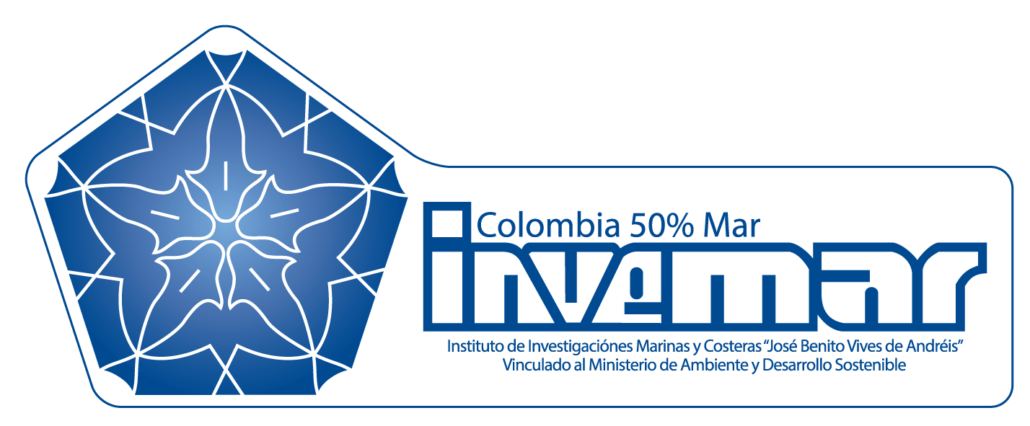
Francisco A. Arias-Isaza, General Director
Marine and Coastal Research Institute – INVEMAR, Colombia
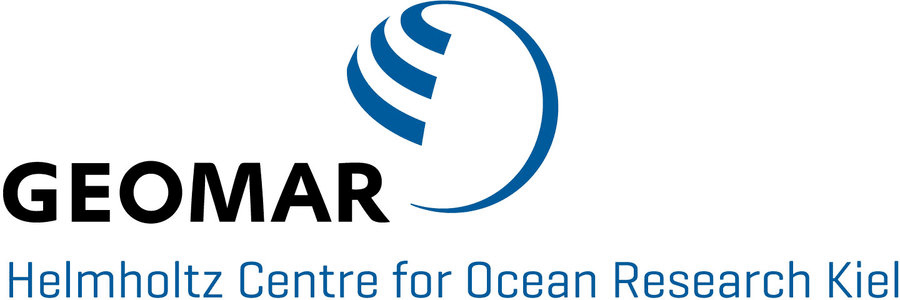
Katja Matthes, Director
GEOMAR Helmholtz Centre for Ocean Research Kiel, Germany

François Houllier, President & CEO
IFREMER, France

Takeshi Kawano, Executive Director
Japan Agency for Marine-Earth Science and Technology, Japan
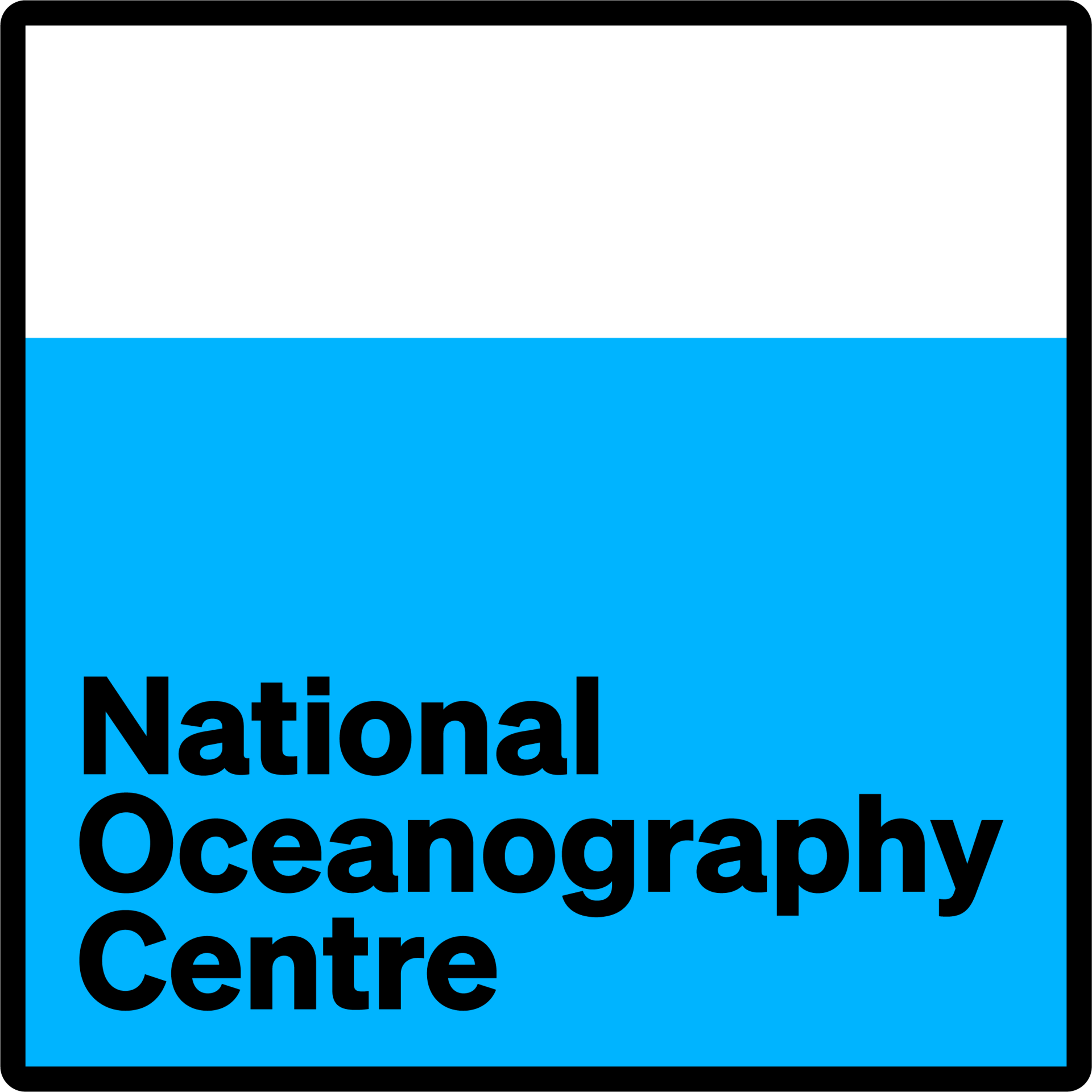
John Siddorn, Chief Executive
National Oceanography Centre, UK

Peter de Menocal, President & Director
Woods Hole Oceanographic Institution, USA

Niall McDonough, Director Policy, Innovation and Research Support
Marine Institute, Ireland
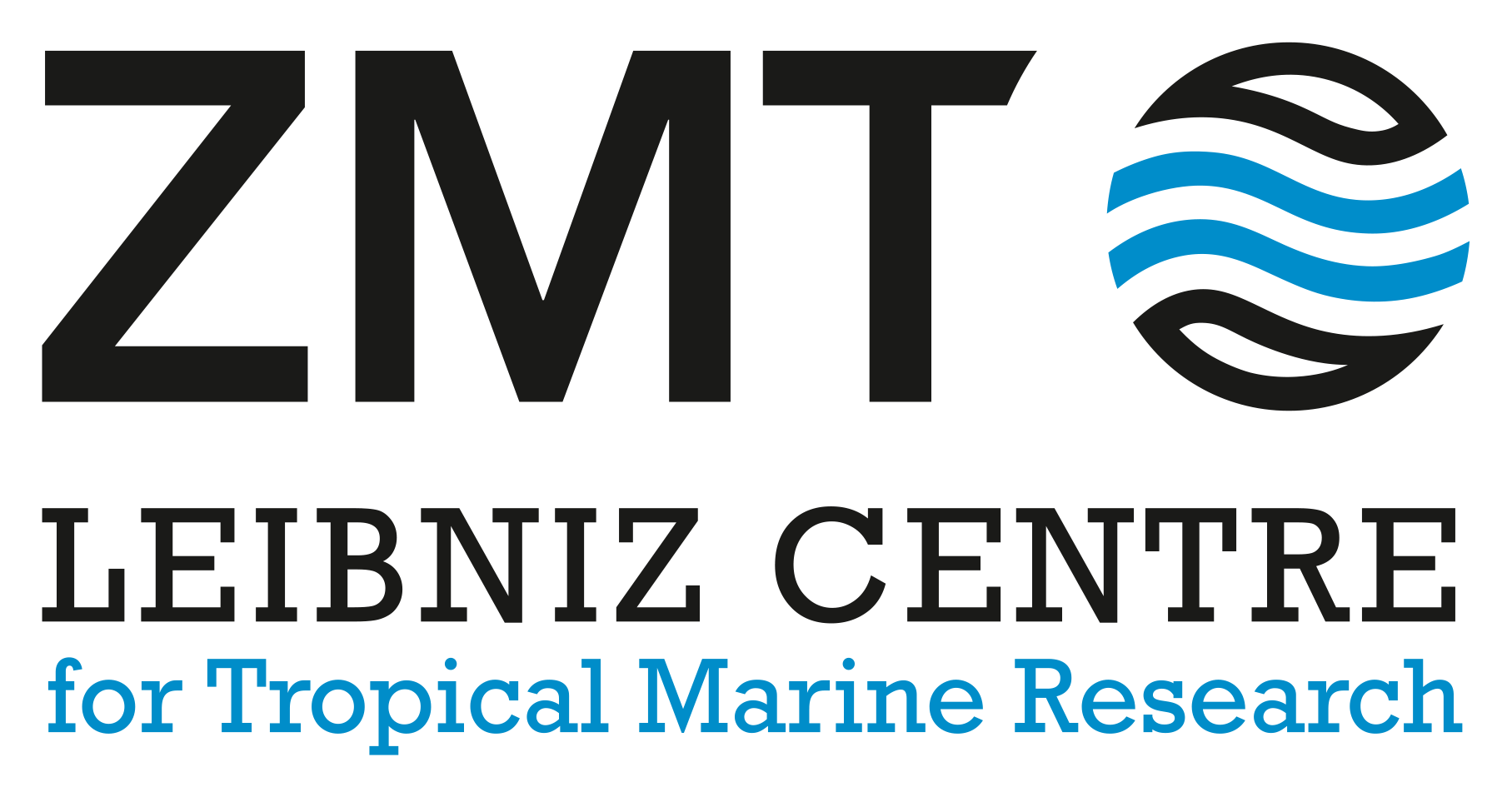
Raimund Bleischwitz, Professor and Scientific Director
Leibniz Centre for Tropical Marine Research, Germany
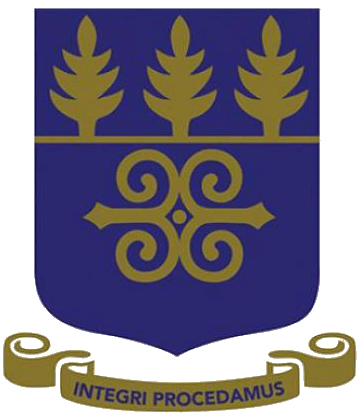
Edem Mahu, Senior Lecturer
Benjamin Osei Botwe, Head, Department of Marine and Fisheries Sciences
University of Ghana, Ghana
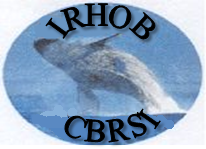
Zacharie Souhou, Director
Institut de Recherches Halieutiques et Océanologiques du Bénin (IRHOB), Benin

Aileen Tan Shau Hwai, Director
Centre For Marine & Coastal Studies, Universiti Sains Malaysia, Malaysia

Eric Peterson, CEO
Hakai Institute, Canada
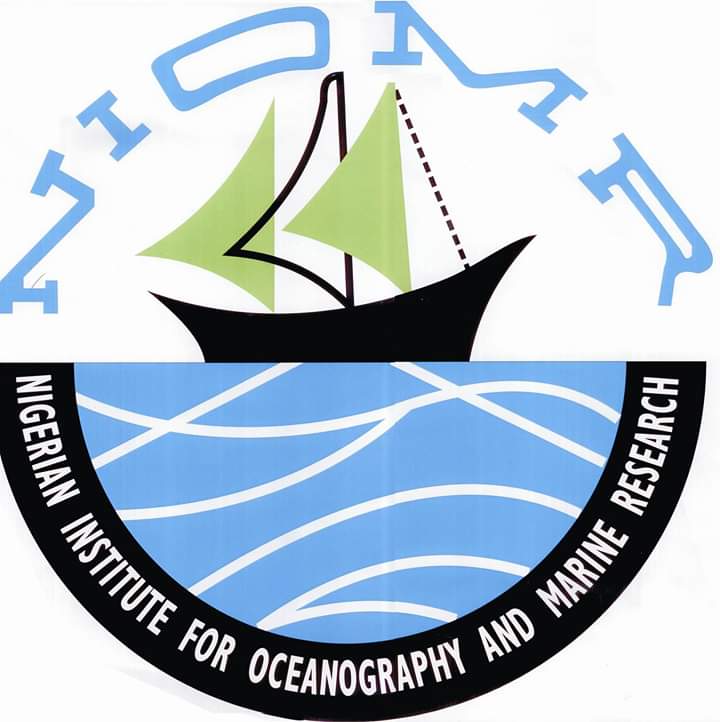
Nubi Olubunmi, Director, Physical & Chemical Oceanography
Nigerian Institute for Oceanography & Marine Research, Nigeria

Joseph Nkwoji, Main PoC
Lucian Obinna Chukwu, Professor of Marine Biology
Amii Isaac Obiakara-Amaechi, Senior Lecturer and Administrative Assistance
University of Lagos, Nigeria

Nicholas J P Owens, Executive Director
Scottish Association for Marine Science, UK
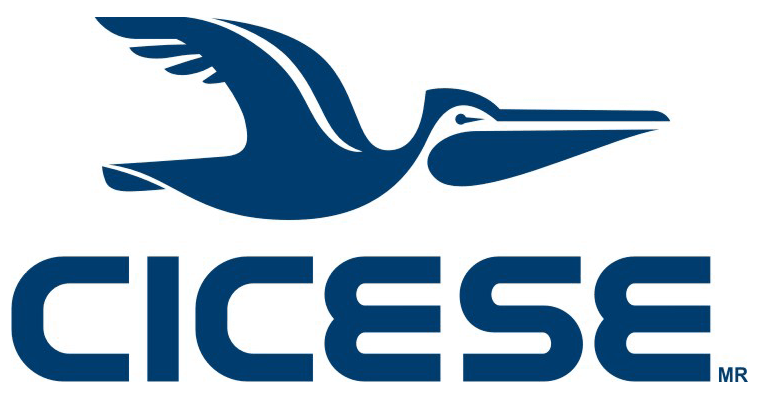
Carmen G. Paniagua, Division Director
CICESE, Mexico
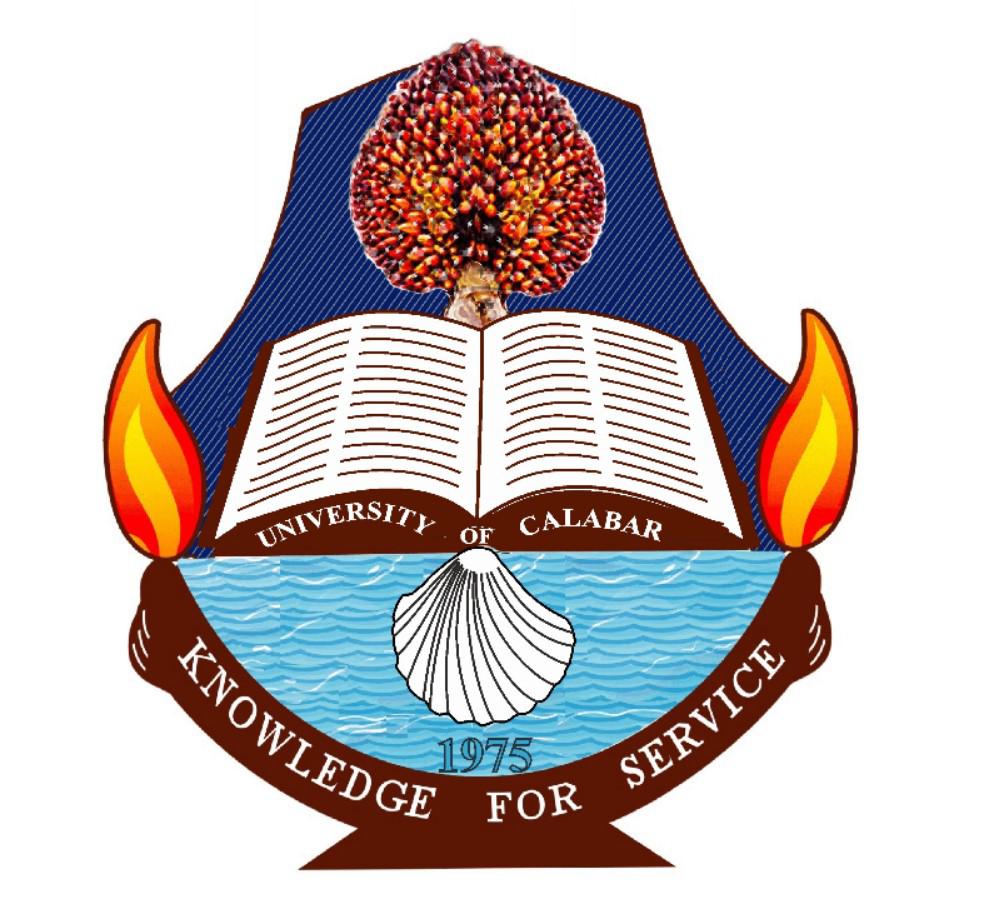
Francis Emile Asuquo, Director, Macorn
University of Calabar, Nigeria

Maria del Carmen Garcia Martínez, Director
Spanish Institute of Oceanography, Spain

Carina B. Lange, Professor Universidad de Concepción
Representative of Chilean Consortium to POGO, Chile

Christophe Gaudin, Director, UWA Oceans Institute
The University of Western Australia, Australia

Han Dolman, Director
Royal Netherlands Institute for Sea Research, Netherlands

Marco Marcelli, POGO delegate
Euro-Mediterranean Center on Climate Change (CMCC), Italy

Alvin S. Jueseah, Chairman, Department of Fisheries & Aquaculture Sciences
University of Liberia
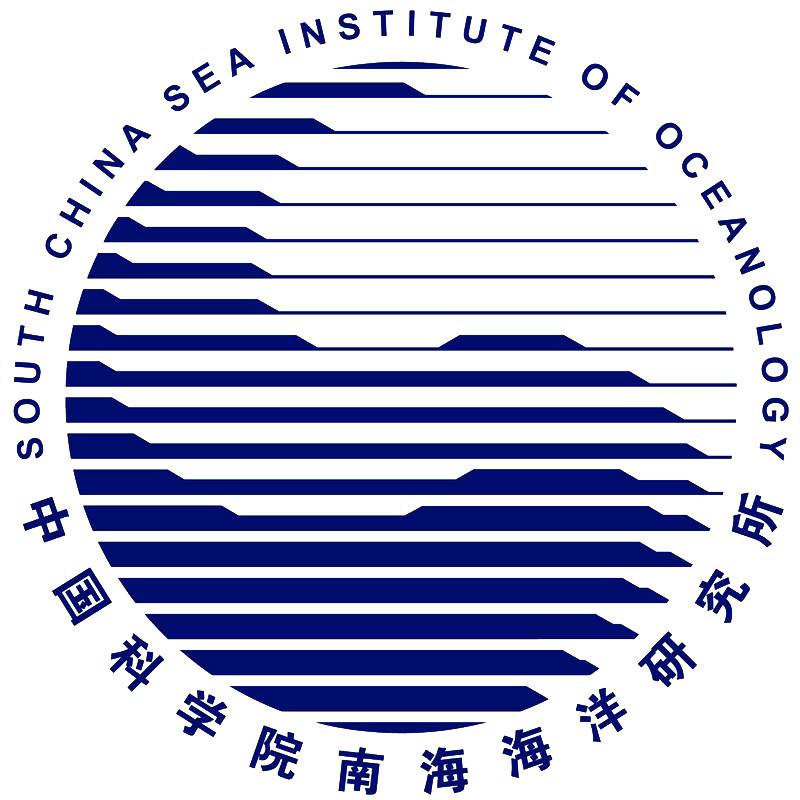
Chaolun Li, Director
South China Sea Institute of Oceanology, Chinese Academy of Sciences

Icarus Allen, Chief Executive
Plymouth Marine Laboratory, UK

Jan Mees, General Director
Flanders Marine Institute, Belgium

Olivier Pringault, Director of the Ocean Department
Institut de Recherche Pour le Developpement (IRD), France

Brice Mobio, Laboratory Manager
Centre Universitaire de Recherche et d’Application en Télédétection, Cote D’ivoire
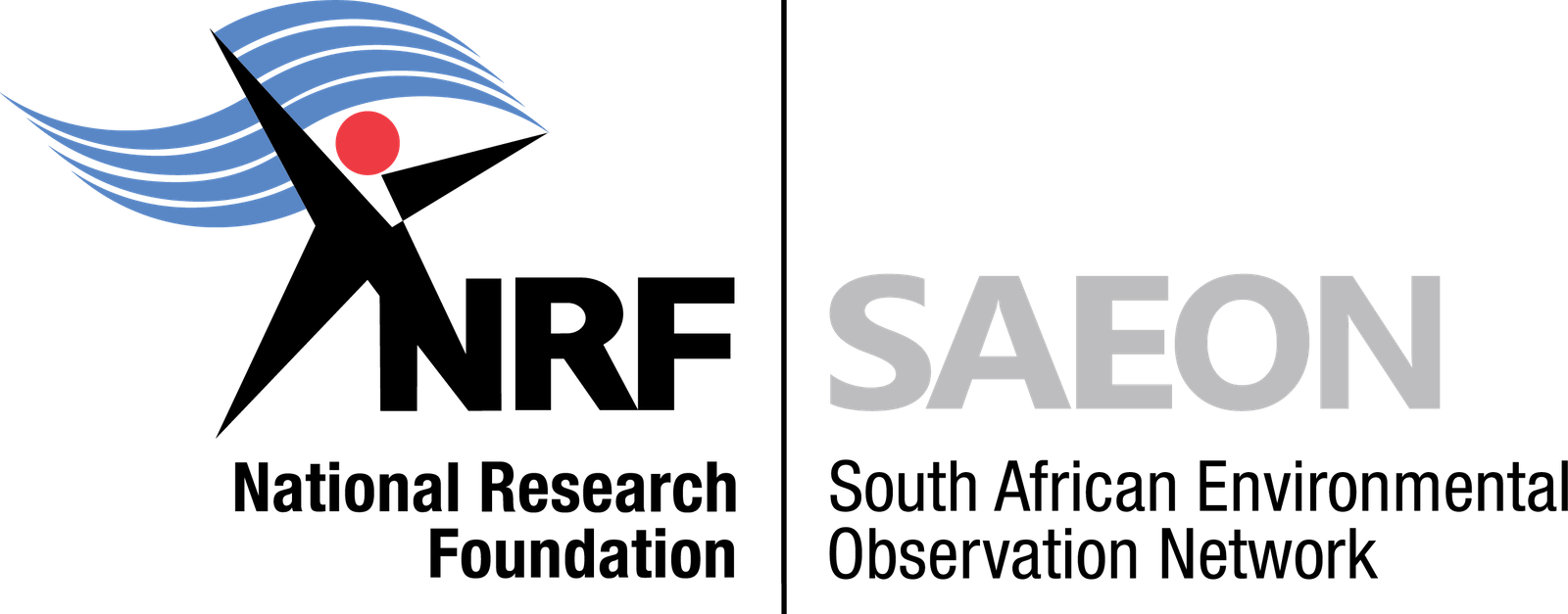
Tamaryn Morris, Ocean and Polar Coordinator
South African Environmental Observation Network, South Africa

Paulo Yukio Gomes Sumida, Director
Oceanographic Institute – University of São Paulo, Brazil
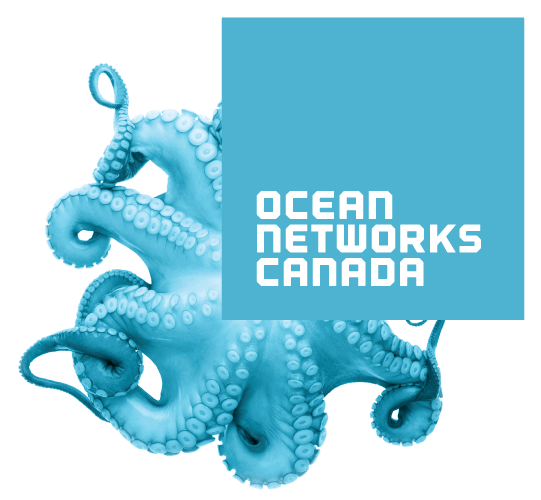
Kate Moran, President and CEO
Ocean Networks Canada, Canada

Adelino Vicente Mendonça Canário, President of Directive Board
CCMAR – Centro de Ciências do Mar do Algarve, Portugal
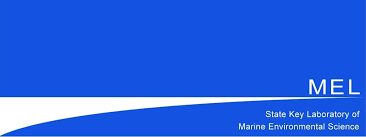
Fei Chai, Chair Professor
State Key Laboratory of Marine Environmental Science (MEL), Xiamen University, China

Willie Wilson, Chief Executive
Marine Biological Association, UK

T. Srinivasa Kumar, Director
Indian National Centre for Ocean Information Services (INCOIS), India
SIGNATORIES – OTHER PARTIES
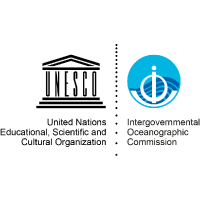
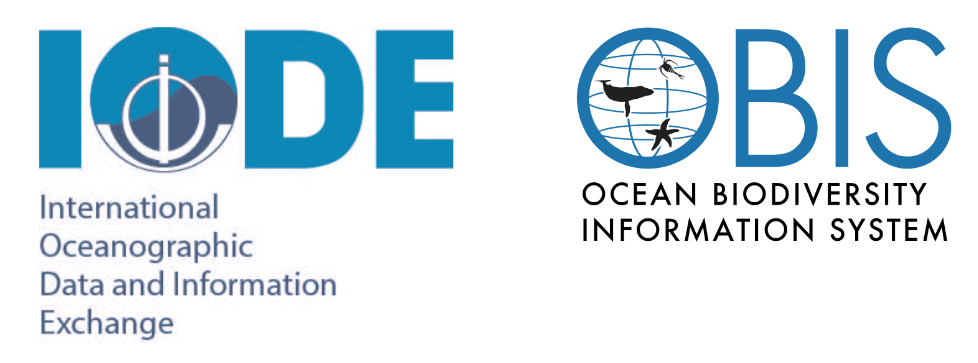
Vidar Helgesen, IOC Executive Secretary
Intergovernmental Oceanographic Commission of UNESCO, also covering for IODE and OBIS
Peter Pissierssens, Head, IOC Project Office for IODE

Inga Lips, Secretary General
European Global Ocean Observing System (EuroGOOS)
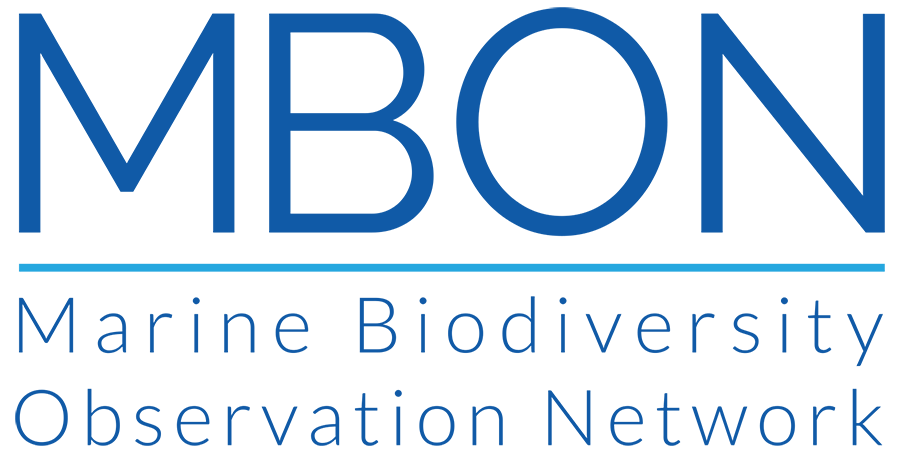
Joana Soares, MBON Executive Secretary
MBON (Marine Biodiversity Observation Network) / AIR Centre
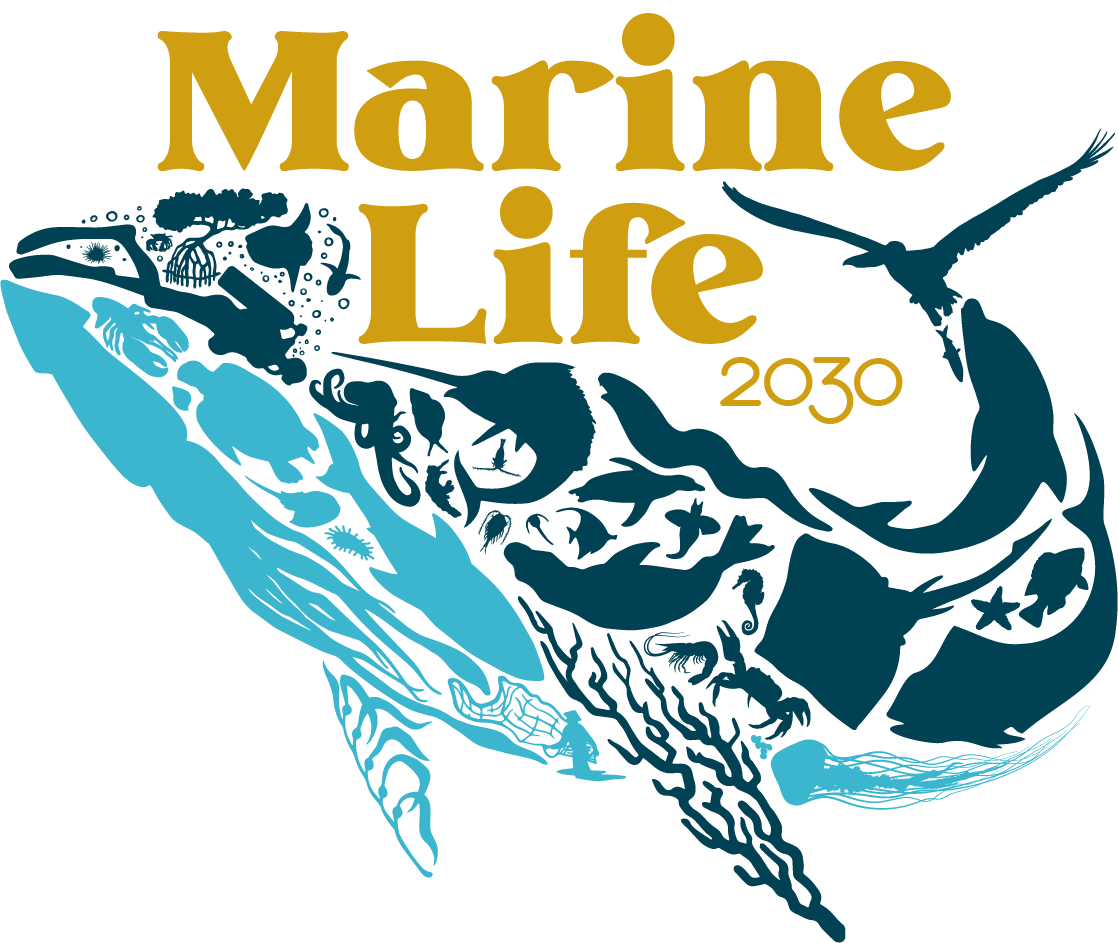
Frank Muller-Karger (MBON – USF), Marine Life 2030 programme coordinator
Gabrielle Canonico (NOAA IOOS), Marine Life 2030 programme coordinator
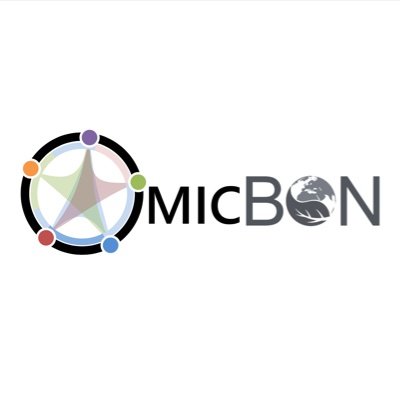
Raïssa Meyer (AWI, Max Planck Institute for Marine Microbiology, and Uni of Bremen), Omic BON lead
Neil Davies (Gump Station and UC Berkeley Institute for Data Science), Omic BON lead
Pier Luigi Buttigieg (AWI ), Omic BON lead
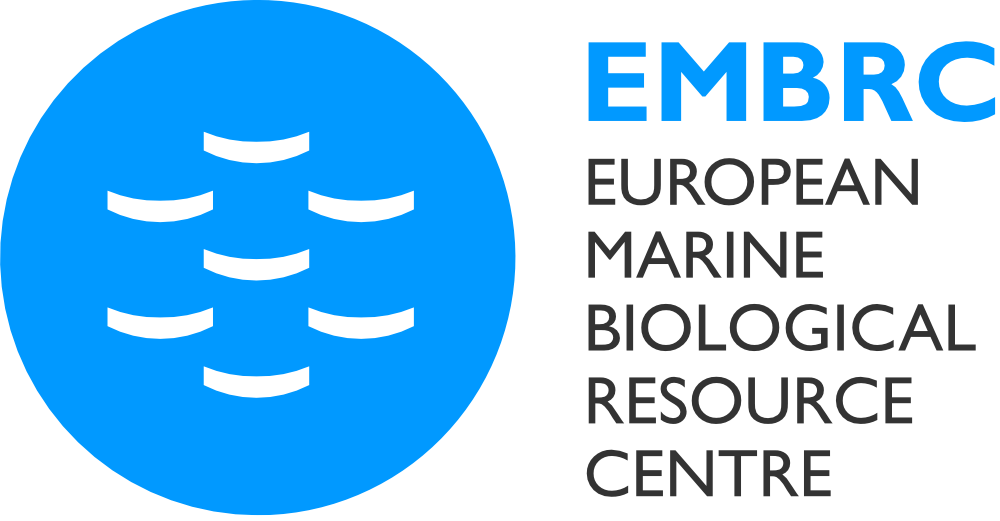
Nicolas Pade (Executive Director, EMBRC-ERIC)

Romain Troublé (CEO, Tara Ocean Foundation)
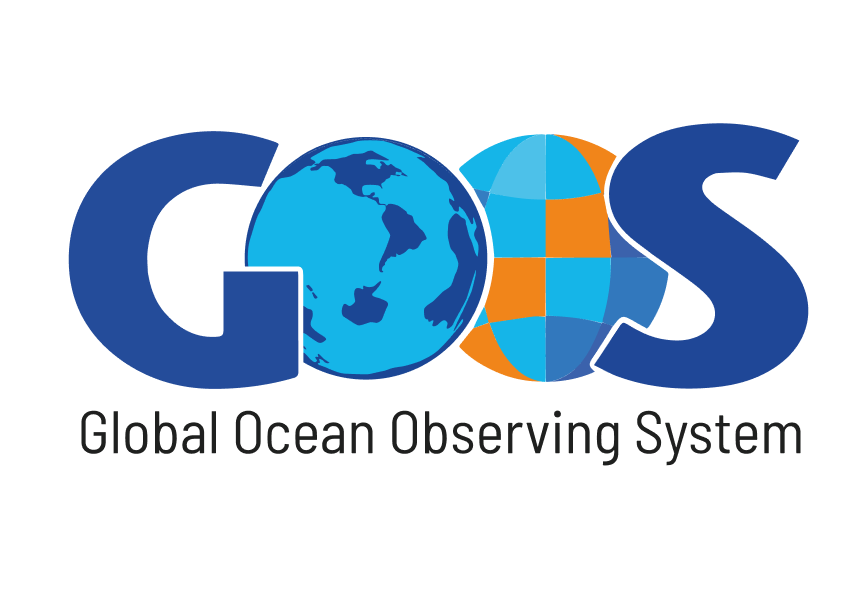
Joanna Post, Director
Global Ocean Observing System (GOOS), UNESCO/IOC/OOS
